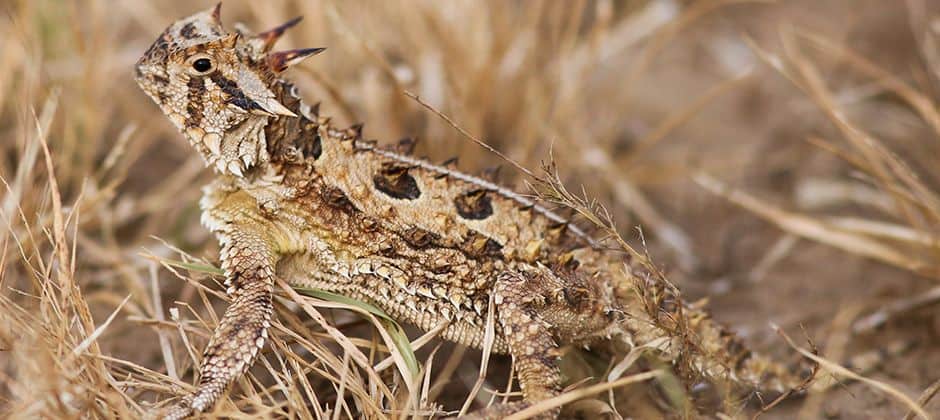Share this article
Recovering America’s Wildlife Act passes House
Recovering America’s Wildlife Act, a primary focus of TWS’ policy efforts, was approved by the U.S. House of Representatives last week.
“House passage of the Recovering America’s Wildlife Act is a victory for proactive fish and wildlife conservation and the professionals tasked with conserving the full diversity of wildlife,” said Caroline Murphy, AWB®, The Wildlife Society’s government relations managers. “The Wildlife Society thanks our champions in the House for recognizing the benefits of this legislation in empowering wildlife professionals to conserve at-risk species.”
Language authorizing the Recovering America’s Wildlife Act was included as part of a package of amendments to the Moving Forward Act (H.R. 2), the House’s $1.5 trillion transportation and infrastructure package.
Because of the nature of the legislative package, the authorizing language does not include dedicated, mandatory funding — a key piece of the original Recovering America’s Wildlife Act. TWS and other partners in the Alliance for America’s Fish and Wildlife will now focus on adding dedicated, permanent funding back into the bill as it continues to advance in Congress.
Additional changes to the original bill’s text were made in the final legislative package, including the removal of all non-federal match requirements through FY2025, incentives for states to incorporate plant conservation in their State Wildlife Action Plans, reporting requirements on tribal grants, and a specific reference to spending education and recreation funds in historically underserved communities.
The House’s groundbreaking step moves the focus for Recovering America’s Wildlife Act to the Senate, where a number of legislative packages, including the infrastructure package and additional COVID-19 response measures, could serve to move the act forward.
Last month, TWS joined several TWS organization units and partner organizations in a letter to Congress highlighting the economic benefits of Recovering America’s Wildlife Act in a future stimulus package. This letter followed a set of recommendations TWS provided to Congress in May that highlighted the importance of adequately funding wildlife conservation programming in response to the ongoing coronavirus pandemic, particularly through enactment of the Recovering America’s Wildlife Act.
“We look forward to working with our partners and seeing this bill approved by the Senate,” Murphy said.
Header Image: The Texas horned lizard (Phrynosoma cornutum) is listed as a species of greatest conservation need in five State Wildlife Action Plans. These plans, which would receive funding through the Recovering America’s Wildlife Act, list more than 12,000 species of greatest conservation need. Credit: Joseph Richards








